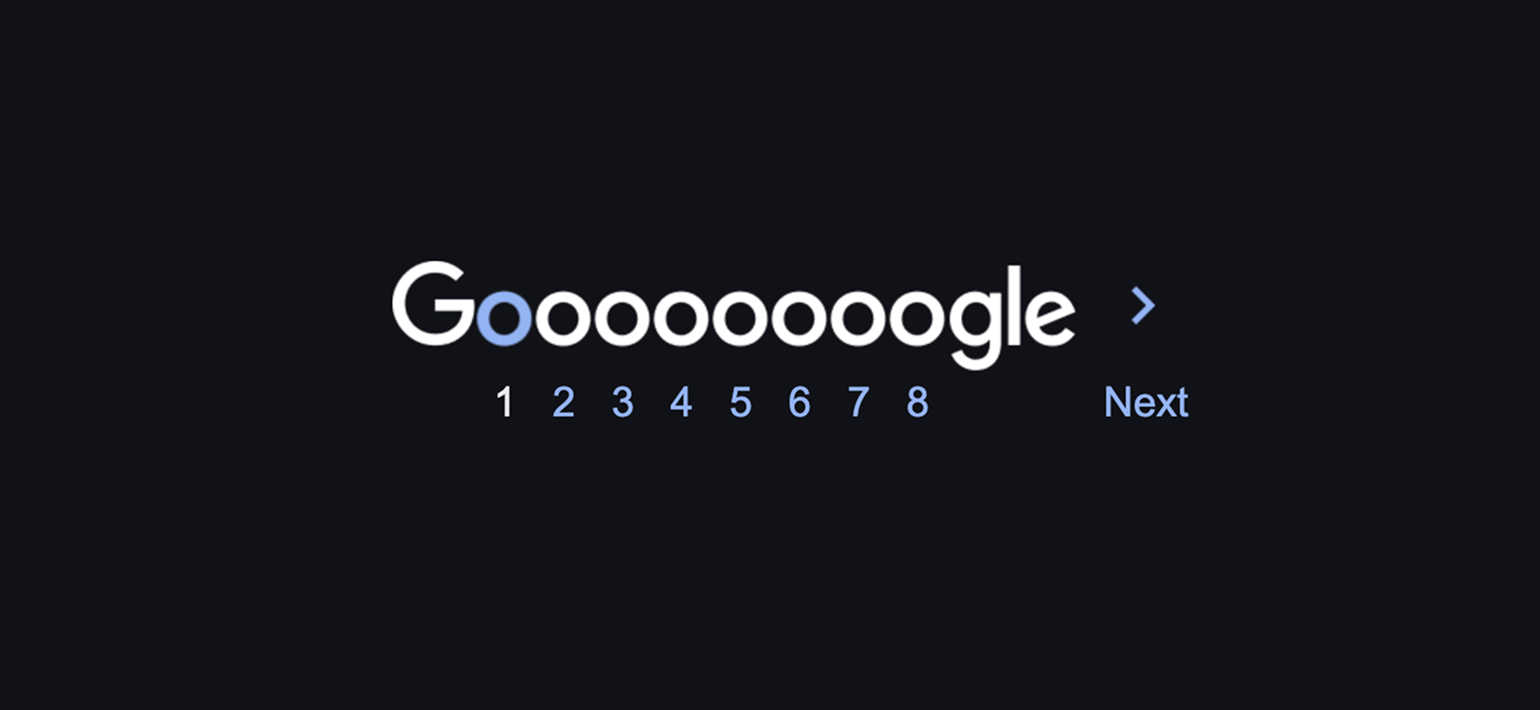Google Reverts to Pagination and Phases Out Continuous Scroll: What it Means for SEO


Google is rolling back its continuous scroll feature on search results, which allows users to load more results simply by scrolling past the first page. This feature, introduced on mobile in October 2021 and on desktop in December 2022, will be replaced with the classic pagination bar at the footer of the search results.
This change aims to enhance the speed and efficiency of search results, marking a significant shift for both users and digital marketers.
Why is Google Removing Continuous Scroll?
According to Google, removing continuous scroll is driven by the need to serve search results faster and more efficiently. While continuous scrolling offered convenience, it did not significantly boost user experience. By reintroducing the "Next" button on desktop and the "More Results" button on mobile, Google aims to streamline the search process and improve overall user experience.
This is an interesting move from Google, as we know the launch of a busier and slower search result is potentially around the corner, as Google figures out how to expand the AI Overview results. Is Google trying to refine the speed of its results, before slower loading AI Overview results become more common?
When Will We See Changes on the Search Results Page?
Changes rolled out on 25th June 2024, with a phasing out of continuous scroll for desktop search results. This feature will be removed from mobile search results in the coming months. Continuous scrolling, which lasted about a year and a half for desktop search, will give way to the traditional pagination system, which is familiar to long-time Google users.
How Will Google Pagination Impact SEO?
Position Tracking
One thing that will remain the same is how pages are ranked and how positions are reported in Google Search Console; position reporting stays consistent whether pagination or continuous scrolling is used.
Click-Through Rate
All users will soon see the classic pagination bar at the bottom of their search results pages. This change is likely to impact website click-through rates, especially for sites that benefited from the increased visibility of continuous scrolling, as users may not have noticed when they scrolled to page two.
If your page ranks around positions 6-8 on the first page, you might see a boost in CTR since users are now less likely to scroll to page two. That extra click to get to the second page might be a step too far, and users might be satisfied with a result on page one.
On the other hand, if your page lands on the second page, you could see a lower CTR, as users might stop their search at page one.
This underscores the importance of ranking on page one and brings back this popular catchphrase:
Impressions
Impressions are counted whenever a result appears on the current page, even if it's not visible. The only exception to this is when the result must be clicked on to be viewed, such as People Also Ask. Returning to pagination means pages not on the first page might get fewer impressions. While this could bump up the click-through rate for top results, it could also decrease overall brand visibility in search results. So, staying on that first page is again more important than ever to keep those impressions and clicks coming.
Next Steps for Digital Marketers
Analyse Google Search Console Data: Review your Search Console data regularly to detect any changes in user behaviour and adapt your SEO strategies accordingly (you might want to let Google's current data lagging issue pass before digging into the new data).
Monitor User Behaviour: Keep a close eye on how users are navigating search results with the reintroduced pagination. This will help in understanding any shifts in click-through rates.
Uncover Low Hanging Fruit: Review your Search Console data to uncover keywords just sitting off the first page. Consider what SEO and content improvements could be made to try and bring those rankings up a few positions and onto that first page.
Audit and Monitor the People Also Search For Results:
When users reach the bottom of the search results page, they are more likely to refine their search by selecting one of the "People also search for" suggestions rather than clicking through the paginated navigation. Therefore, keep an eye on these suggestions and consider optimising your content and keyword strategies to also target those search queries.
Need Help With Your SEO Strategy?
The return to paginated search results is just one of many significant changes in the search landscape recently, alongside the introduction of AI Overviews and more. If you need help with navigating this new terrain, get in touch with our SEO specialists today!





